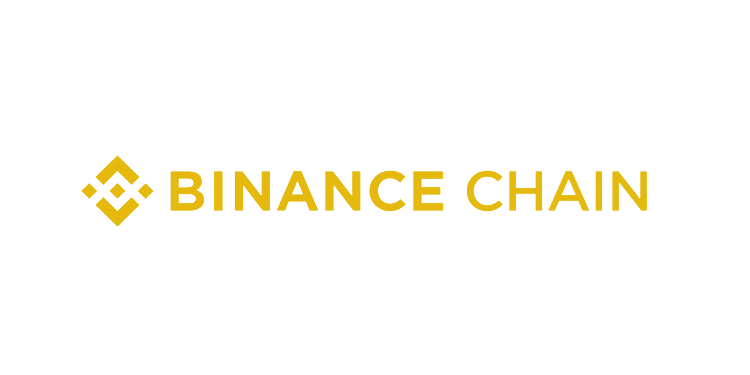
Utilizing External Sources
Rev Token is deeply committed to diversifying its revenue streams to ensure sustained funding for the project’s growth and development. We understand the importance of financial stability in navigating the ever-evolving landscape of the cryptocurrency market. Whether through tokenomics, partnerships, or innovative services, we’re dedicated to securing multiple sources of revenue to support Rev Token’s journey.
Myself, along with all my community friends, we take our responsibility to vote and influence the implementation of proper revenue streams seriously. Through transparent governance and active participation, we ensure that decisions are made with the best interests of the community in mind. Together, we’ll continue to explore and implement revenue-generating opportunities that propel Rev Token towards long-term success.
The Importance Of External Revenue Streams
Revenue streams in the cryptocurrency space refer to the various ways individuals, companies, or projects can generate income within the ecosystem. These revenue streams can be diverse and may include both traditional and crypto-specific methods. Here are some common revenue streams in crypto along with explanations:
-
Trading Fees: Trading fees are charges imposed by cryptocurrency exchanges for facilitating the buying and selling of digital assets on their platforms. Exchanges typically charge a percentage of the transaction amount or a fixed fee per trade. Revenue from trading fees can be a significant source of income for exchanges, especially those with high trading volumes.
-
Transaction Fees: Transaction fees are payments made by users to prioritize their cryptocurrency transactions on the blockchain network. These fees are paid to miners or validators who process and verify transactions on the network. Higher transaction fees can result in faster confirmation times for transactions. Miners earn transaction fees as part of the block reward for adding transactions to the blockchain.
-
Staking Rewards: Staking involves holding a certain amount of cryptocurrency in a wallet to support the operations of a blockchain network and earn rewards in return. Validators or stakers lock up their tokens as collateral to validate transactions and secure the network. In exchange for their contributions, stakers receive rewards in the form of additional tokens or transaction fees.
-
Mining Rewards: Mining is the process of validating and adding new transactions to the blockchain through the use of computational power. Miners compete to solve complex mathematical puzzles, and the first miner to solve the puzzle receives a block reward consisting of newly minted tokens and transaction fees. Mining rewards serve as an incentive for miners to contribute their computing resources to secure the network.
-
Lending and Borrowing Interest: In decentralized finance (DeFi) platforms, users can lend their cryptocurrency assets to borrowers in exchange for interest payments. Similarly, borrowers can collateralize their assets and borrow funds from the lending pool, paying interest to lenders. Revenue generated from lending and borrowing activities can be a source of passive income for users participating in DeFi protocols.
-
Token Sales and Initial Coin Offerings (ICOs): Cryptocurrency projects often raise funds through token sales or ICOs, where they offer digital tokens to investors in exchange for cryptocurrency or fiat currency. Revenue generated from token sales can be used to fund project development, marketing, and operations.
-
Subscription Fees: Some cryptocurrency platforms, such as crypto wallets, exchanges, or analytics services, may offer premium features or subscription-based services for a fee. Users pay recurring subscription fees to access advanced tools, data insights, or enhanced security features.
-
Consulting and Advisory Services: Individuals or companies with expertise in blockchain technology, cryptocurrency trading, or tokenomics may offer consulting and advisory services to other projects or organizations. Revenue is generated through fees for providing strategic guidance, technical support, or market analysis.
-
Advertising and Sponsorship: Crypto-related websites, forums, media outlets, and events may generate revenue through advertising placements, sponsored content, or partnerships with cryptocurrency projects. Advertisers pay for exposure to a targeted audience of cryptocurrency enthusiasts and investors.
-
Development Grants and Funding: Cryptocurrency projects may receive funding from foundations, grant programs, or venture capital firms to support research, development, and innovation. Grants are typically awarded to projects with promising ideas or contributions to the ecosystem.
Overall, revenue streams in the cryptocurrency space encompass a wide range of activities, including trading, staking, mining, lending, token sales, subscription services, consulting, advertising, and funding. These revenue streams contribute to the growth and sustainability of the cryptocurrency ecosystem, providing incentives for participants to contribute their resources, expertise, and capital to the development and adoption of blockchain technology.














